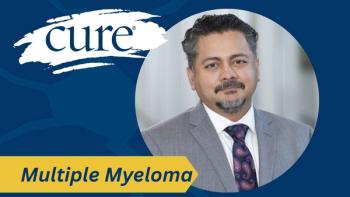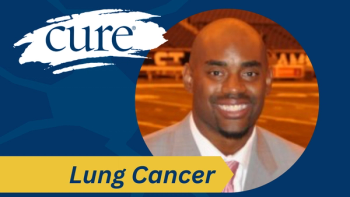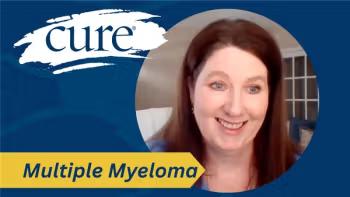
'Connection is Key' in Conversations Between Parents and Children About Ovarian Cancer
A young advocate emphasizes the importance of communication between parents and their children about an ovarian cancer diagnosis.
Ryan H. Mitstifer Walton, a 16-year-old high school sophomore, has been an
At the Ovarian Cancer Heroes event in Honolulu, Hawaii, Walton shared how his mother’s ovarian cancer diagnosis shaped him into the enthusiastic advocate he is today, while also emphasizing the importance of communication parents and their children when it comes to a diagnosis.
“Include us. You are not protecting us by your silence,” said Walton. “We know when something is wrong. Tell us your fears and let us know how we can help.”




